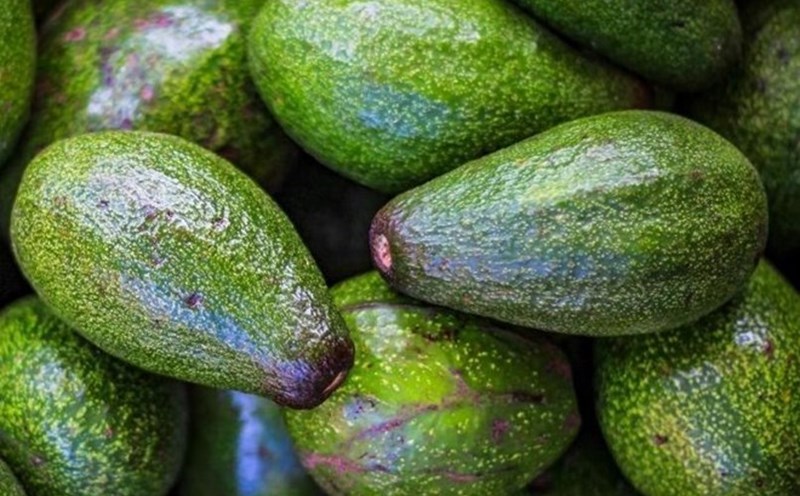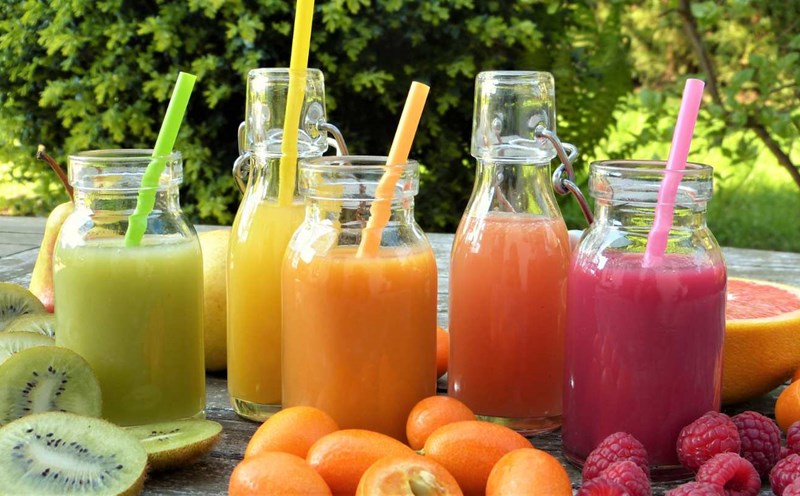Here are 4 popular drinks, but if consumed excessively and for a long time, it can cause kidney damage.
soft drinks with gas and energy drinks
soft drinks and energy drinks are rich in refined sugar (fructose) and inorganic phosphat.
When there is too much tolerance, high sugar levels increase insulin resistance, easily leading to metabolic disorders and aggravating kidney damage.
Drinking more than 1 can of soft drink/day is associated with a 23% increase in the risk of reduced renal dysfunction (eGFR).
A report by the National Kidney Foundation warns that the phosphate in soft drinks promotes calcification of renal blood vessels, causing long-term impaired kidney function.
Alcoholic beverages ( wine, wine)
When alcohol enters the body, the liver will convert it into acetaldehyde, which also causes strong urinarygesia, dehydration and electrolyte loss.
Drinking more times a week causes the kidneys to be overloaded to eliminate toxins, which can easily lead to renal inflammation and high blood pressure, a major risk factor for kidney failure.
The World Health Organization recommends that regular consumption of alcohol not only damages the liver but also increases the risk of chronic kidney disease, especially in people with underlying diseases.
Milk tea and coffee mixed with a lot of sugar
milk tea or pre-mixed coffee often contains large amounts of sugar, cream and additives.
High sugar intake increases glucose filtration through the kidneys, causing oxidative stress on kidney cells. Oxalat in thick tea can bind to calcium, forming kidney stones if consumed regularly.
Limit dark tea and sugary industrial drinks to reduce the risk of kidney stones and reduce the workload for the kidneys.
caffeinated energy drinks
Energy drinks are high in caffeine (160-300 mg/can).
Caffeine constricts blood vessels, temporarily increases blood pressure and diuresis, leading to dehydration and lowering blood potassium.
Long-term consumption of energy drinks can aggravate high blood pressure and kidney damage.
Tips for protecting your kidneys through daily drinks: Prioritize water, natural mineral water, coconut water or light herbal tea.
Limit soft drinks and industrial beverages to less than once a week.
Control alcohol intake to a safe level (according to WHO: no more than 1 unit of alcohol/day for women, 2 units for men).
Read product labels carefully, avoid sugary drinks and additives.











